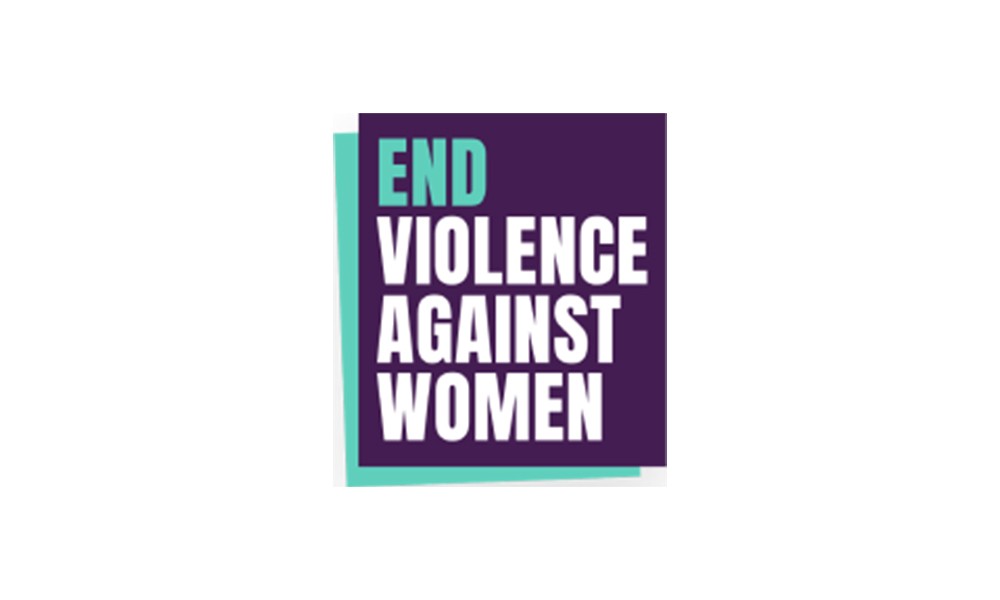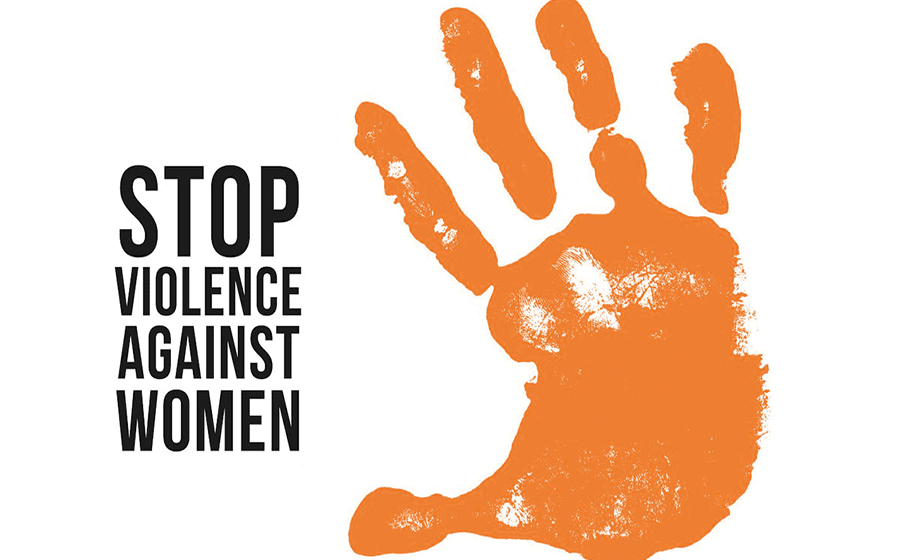Trigger warning: this article covers sexual harassment, online abuse, and Violence Against Women and Girls. Read on with care.
It’s Not Just Online—It’s Everywhere
The UK Parliament’s latest POSTnote 750 exposes a harsh truth: violence against women and girls (VAWG) in schools and youth spaces is rising, and the digital world is amplifying it. Young women, especially girls aged 10–15, are experiencing online harassment, intimate image sharing, cyberstalking, and even grooming, and it’s hitting them harder than ever.
Nearly half (47%) of 11–21-year-olds say they feel less safe now than a decade ago. This is a brutal indicator of the changing landscape.
Violence Against Women and Girls: The Impact Hits Where It Hurts
This isn’t a fleeting issue. The impacts are deep and long-lasting:
- Mental health: Victims face anxiety, depression, and trauma.
- Education: School attendance drops, especially among girls fearing harassment.
- Confidence: Many avoid male-dominated subjects or exclude themselves entirely from spaces where they don’t feel safe.
- Digital silence: A 2024 report found that 64% of young people believe girls avoid online spaces, like debates or games, because they fear abuse by men.

This isn’t about numbers, it’s about silenced voices, dreams deferred, and confidence stolen.
What’s Being Done, and What’s Missing?
The government has pledged to halve technology-facilitated VAWG. It’s a big goal, but will it actually reach youth experiences? Meanwhile, a new cross-government VAWG strategy is expected in September 2025. Good to hear, but we need to know what’s in it.
The brief focuses on prevention and outcomes, not on analyzing who’s behind the abuse, so there’s hope in the roadmap, but still serious gaps.
Why This Hits Young People Hard
Online + Offline = One Reality
Young people don’t separate their lives into “IRL” or “online.” Abuse in one bleeds into the other. POST calls out the inseparability of on- and offline harms. That means school corridors, group chats, Insta DMs, all spaces need protection.
It’s About How We Grow
School should fuel confidence and opportunity—but when girls are afraid or under attack, they hold back. Now they’re less likely to engage, speak up, or access spaces designed for their growth, and that shrinks their world.
What We Need to Do Now to stop Violence Against Women and Girls
If you’re a student, teacher, or just someone who believes youth should be safe everywhere, here are the moves:
- Push Schools to Act
Insist on better education around consent, online behavior, and support. Schools need to move from reactive to proactive policies. - Support Digital Safety Tools
Platform creators need to co-design safety features with young users: blocklists, reporting tools, safer sharing. - Normalize the Conversation
Girls and young women need open spaces, online and offline, to share experiences without shame or blame. - Hold Systems Accountable
Scrutinise that September strategy. Demand budget, implementation, data transparency, and continuous dialogue with youth representatives.
Violence Against Women and Girls: Hope Still Lives Here
This is serious, but also motivating. POST notes that when girls seek support, resilient systems make a difference. Real change is possible.
- Peer networks can steer younger girls toward safety and help.
- Youth-led initiatives: Like anti-bullying clubs, online advocacy projects—are already shifting culture.
- Voices like yours: Young, loud, unapologetic—can reshape school culture and digital spaces.

Violence Against Women and Girls: Final Thought
Everyone deserves to learn, grow, and share without fear. Schools, platforms, and society must reflect that reality. When one voice is silenced, we all lose something.
This is a moment to speak up. For safer schools, safer feeds, and safer futures. If you’ve experienced or witnessed any of this, reach out to trusted adults, peers, or support services. Your safety and voice matter.
Thank you for reading, click the link to read more of our Opinion Articles
Zita Salum, a British, Tanzanian journalist with a London heart, is making waves in the world of media. Born and Raised in Hackney London, she discovered her passion for storytelling at a young age. Her journey began as an admin for the Inside Success magazine, but her talent quickly shone through. Zita's ability to craft compelling narratives and her knack for capturing the essence of a story led her to become an editor for the magazine.
From there, her career soared. Zita has contributed to a diverse range of publications, including the prestigious W magazine, showcasing her versatility as a writer. Her expertise spans across industries such as music, corporate, political, sports, arts, and fashion. Beyond her written work, Zita has also excelled in broadcast journalism. Her natural ability to connect with interviewees and her engaging hosting style have made her a sought-after talent in the industry.
In her free time, Zita is a dedicated networker, attending industry events and immersing herself in the latest trends. She is also passionate about investigative journalism and has produced creative documentaries that shed light on important issues. With her talent, drive, and unwavering commitment to her craft, Zita Salum is undoubtedly a rising star in the world of journalism.




Leave a Reply
You must be logged in to post a comment.